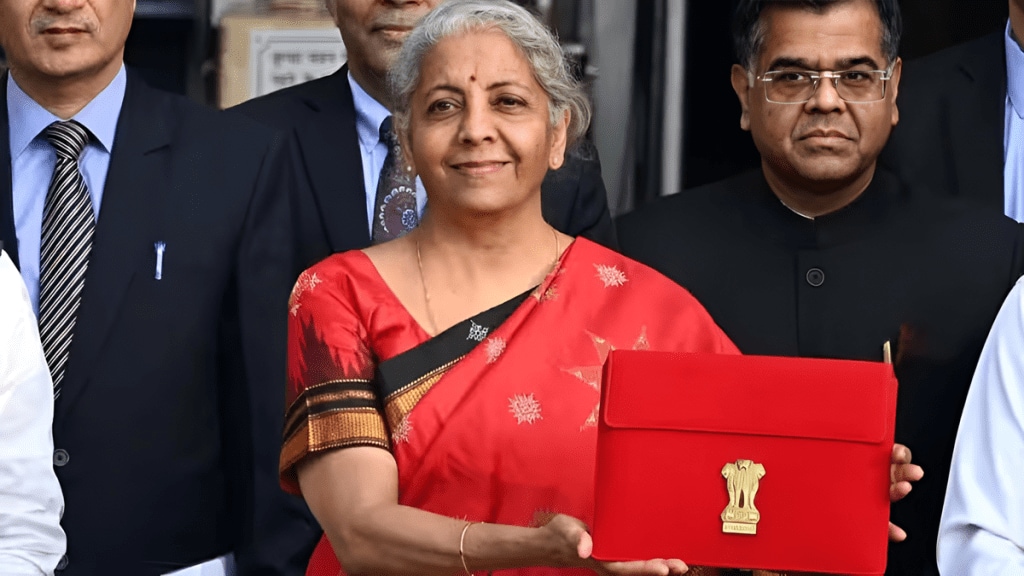Investors and consultants to startups and other businesses in unison have a key demand from Finance Minister Nirmala Sitharaman on February 1 – addressing various tax-related concerns. From angel tax and capital gains tax rationalisation to tax on ESOPs, tax holidays and more, experts hope the upcoming budget 2024 will further boost the current environment for investments into startups and emerging businesses through tax reforms.
Addressing ‘Angel Tax’ Concern
Deepak Gupta, General Partner, WEH Ventures: Regarding angel tax, there was an issue affecting foreign investors in the last budget. Dealing with these notices can be a significant distraction and cost for startups, considering the already challenging environment. Additionally, attention needs to be given to the treatment of carry for funds, addressing concerns related to GST costs and providing clarity on capital gains. It is crucial to continue supporting India-domiciled venture capitalists, demonstrating commitment to Small Industries Development Bank of India (SIDBI) and other Fund of Funds initiatives.
Tax Reforms
Dr Dinesh Singh, Co-Founder and Director, FAAD Network: Tax reforms, a pivotal aspect, should encompass various fronts including tax incentives for angel investments, capital gains tax rationalization, expedited tax filings, and clarity on tax treatment. A special emphasis on loss set-off provisions, reduced angel tax, tax credits for risk-taking, and easier exit taxation would significantly boost investor confidence. Additionally, a commitment to maintaining investor-friendly regulations and fostering favorable International Tax Treaties is crucial for sustaining a vibrant startup landscape.
Public Listing of Startups
Saloni Jain, Founding Partner, Sunicon Ventures: I anticipate a regulatory measure aimed at facilitating the listing of startups on the stock exchange in India. This could involve streamlining the compliance procedures and incentivizing investors to support these companies, potentially through measures such as eliminating dividend distribution tax or reducing capital gains tax.
Tax on ESOPs
Avishek Gupta, MD & CEO, Caspian Debt: Visionary entrepreneurs need to be able to attract good quality talent and for that ESOPs play a big role. However, ESOPs are taxed twice. If the tax laws can be rationalised to have ESOPs taxed only at sale, the ability of startups to attract good quality talent at a reasonable cost goes up.
There is a need to activate blended finance structures in India by encouraging domestic philanthropic capital to move into blended finance transactions. Blended finance transactions are necessary to solve critical problems like climate impact and access to essential services for low-income households. The mandate of CSR and private philanthropic capital can be extended to allow such blending.
Incentivise PE-VC Investments
Jeetu Bairathi, Partner, Financial Due Diligence, BDO India: A strategic allocation of budgetary funds towards emerging sectors, such as spirituality tech, space tech, prop tech, and gaming, will catalyze growth in start-ups. To further enhance the funding environment, consider incentivizing investments by private equity and venture capital through tax breaks and holidays. Further, recognizing the global emphasis on sustainability, a dedicated fund within the budget is essential to propel green tech, clean energy, and social impact ventures.
Addressing taxation concerns is imperative. This includes a call for long-term capital gain parity between listed and unlisted equity shares, an extension of tax holidays, and a prolonged period for carrying forward losses. The tax on carry fees/carried interest remains a key concern in the private equity and venture capital community. The recent notification on angel tax regarding funds raised from foreign investors adds complexity to cross-border investments, necessitating a thorough review.


